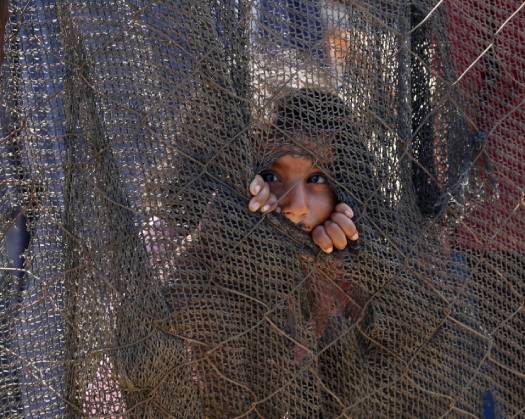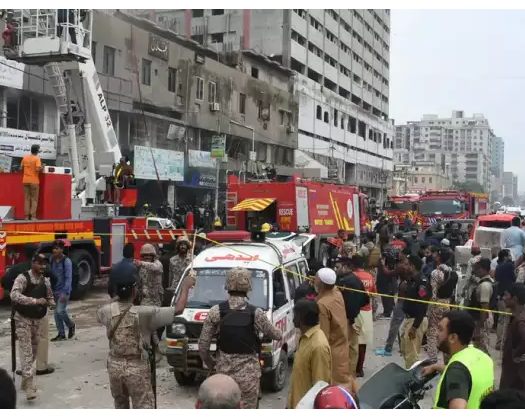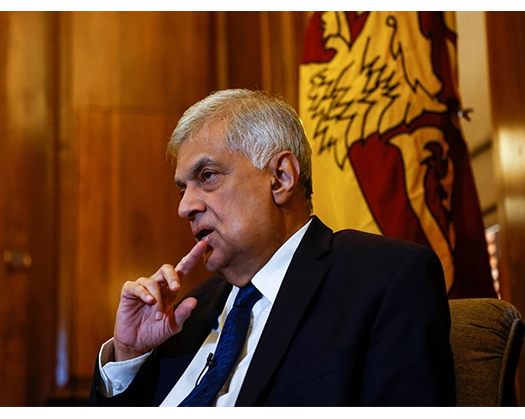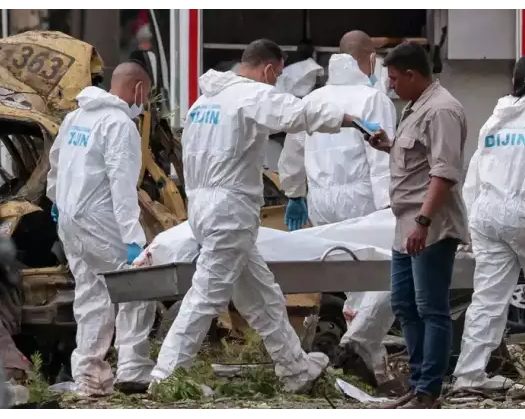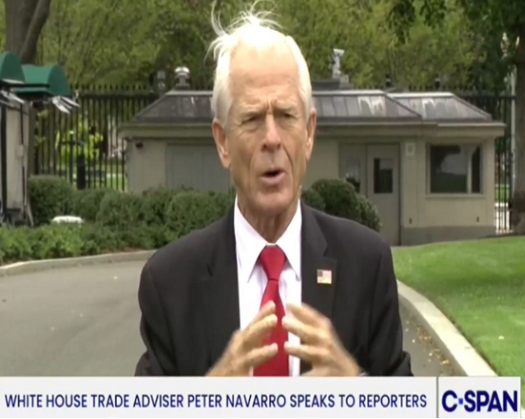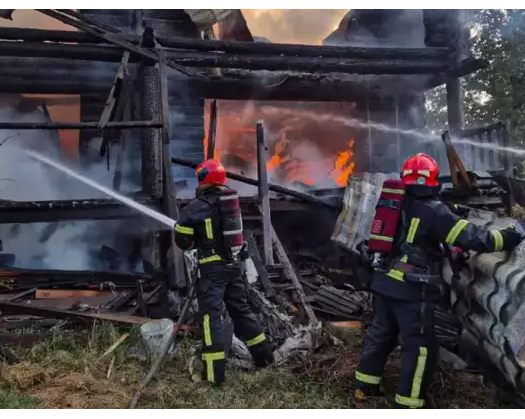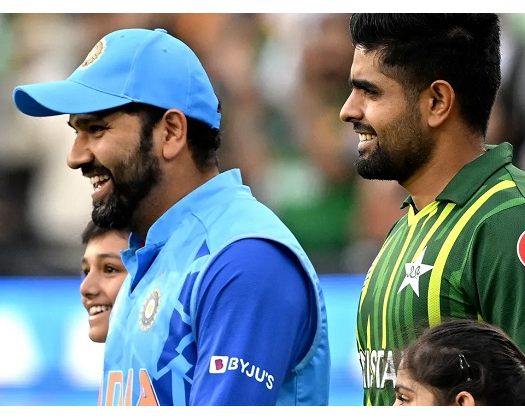Istanbul: On Thursday, Turkish President Recep Tayyip Erdogan, in collaboration with the Emir of Qatar, Sheikh Tamim bin Hamad Al-Thani, issued a joint appeal for enhanced global cooperation aimed at halting the escalation of conflicts in the Middle East.
This appeal was made in the context of Sheikh Tamim's visit to Ankara, during which discussions were held following the assassination of a prominent Hamas political leader, Ismail Haniyeh, in Tehran. The subsequent blame was placed on Israel by both Hamas and Iran.
President Erdogan expressed concerns regarding Israel's efforts to heighten tensions in the region through attacks on Palestinian territories and Lebanon, emphasizing the urgency for the international community to intervene effectively to curb Israeli aggression, which has been on the rise in recent times.
Prior to his visit to Ankara, Sheikh Tamim had been in Qatar, where he had been dividing his time between the two countries.
The statement from President Erdogan's office highlighted that the assassination of Haniyeh has once again underscored Israel's unwillingness to pursue a ceasefire.
The event that led to the Gaza conflict, which commenced on October 7, resulted in the loss of 1,198 lives, predominantly civilians, according to an AFP report based on figures provided by Israel.
Israel's military operations in Gaza have led to the deaths of at least 39,699 individuals, as reported by the Gaza's health ministry, which does not provide detailed information on the number of civilian and militant casualties.
Concurrently, Italian Prime Minister Giorgia Meloni sought to prevent further escalation of conflicts in the Middle East during a conversation with Iranian President Masoud Pezeshkian, as per a statement issued by the Italian government on Thursday.
During their discussion, Prime Minister Meloni underscored the importance of halting the expansion of the Gaza conflict, including its impact on Lebanon, and called for her Iranian counterpart to avoid further escalation and to initiate dialogue.
Ali Bagheri, the acting foreign minister of Iran, has expressed his country's view that Israel has made a "strategic blunder" by eliminating the political leader of Hamas, Ismail Haniyeh, in Tehran, mere hours after the assassination of Hezbollah's military chief in Beirut.
Despite Israel's denial of involvement in Haniyeh's death, Iran and its allies have pledged retribution, thereby intensifying tensions in the region as the conflict in Gaza continues into its eleventh month.
Bagheri has criticized Israel's approach, stating that the country lacks the capability and strength to confront Iran.
The United States, in response to the escalating situation, has dispatched additional naval and aerial assets to the area, calling on both Iran and Israel to refrain from further escalation.
President Emmanuel Macron of France has engaged in discussions with his Iranian counterpart, Masoud Pezeshkian, followed by Israel's Prime Minister Benjamin Netanyahu, urging them to avoid a cycle of retaliation.
Herzi Halevi, the Israeli military chief, has reassured his troops of their commitment to continue targeting the leadership of their adversaries, including Hezbollah, and vowed to pursue them further.
Furthermore, on the same day, the 57-member Organisation of Islamic Cooperation, convened in Jeddah, Saudi Arabia, issued a statement condemning Israel for the "heinous" murder of Haniyeh, expressing support for Iran's retaliatory measures.
Bagheri has noted that OIC members have voiced their backing for Iran's response, suggesting that Western nations, who have allegedly requested Iran to moderate its actions, are not in a position to dictate Iran's course of action.

